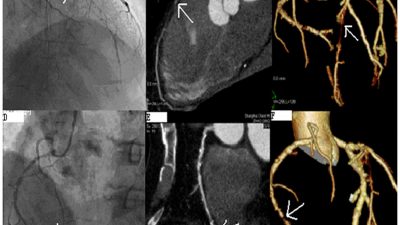This week, our Quality Matters news brief found three articles affecting or related to PCI quality news and one related to how supportive accreditation can promote positive outcomes. Should 30-day readmissions be used to evaluate PCI? Why is the gender gap in PCI still so wide? And why does the cath lab fail to preactivate for a majority of STEMI Cases?
Reconsidering Performance Metrics: Should 30-Day Readmissions Be Used to Evaluate PCI? – Cardiovascular Business
Debate continues over the 30-day readmissions metric following PCI, which policymakers support as a proxy for the overall quality of hospital care. Some clinicians argue the metric isn’t fair—especially considering a study that found 56 percent of PCI patients with unplanned readmission within 30 days were readmitted due to noncardiac causes. Could bundled payments from CMS make a difference? Should the original Hospital Readmissions Reduction Program be reweighted with more qualtiy care-focused indicators? Read more »
Cath Lab Preactivated Less Than Half the Time in Stemi Cases: ACTION Registry – TCTMD
Despite preactivation being associated with faster repurfusion times and a lower unadjusted risk of mortality, only 41 percent of 27,840 STEMI patients in the ACTION Registry benefitted from a preactivated cath lab. The issue lies in the necessity of strong collaborative relationships between PCI-capable hospitals and local EMS service providers. “False activations do remain a significant concern for high-volume STEMI hospitals,” reads the article. Read more »
Accreditation as a Tool for Quality Improvement and Motivation – ACE
Accreditation for Cardiovascular Excellence staff summarizes a recent Danish study that suggests accreditation can promote practitioners’ intrinsic motivation to provide quality care. Danish investigators found reaffirming results for supportive accredtation systems—reflective of our own experience with ACE accreditation. Read more »
Gender Gap Still Wide Open as US Data Show Men Have Consistently Better PCI Outcomes – TCTMD
The largest inpatient database in the United States found little progress on closing the gender gap between 2004 and 2014, with women being 80 percent more likely to experience bleeding complications and 20 percent more likely to die than their male counterparts during hospitalization for PCI. Perception of risk may still play a role in the disparity. Read more »











